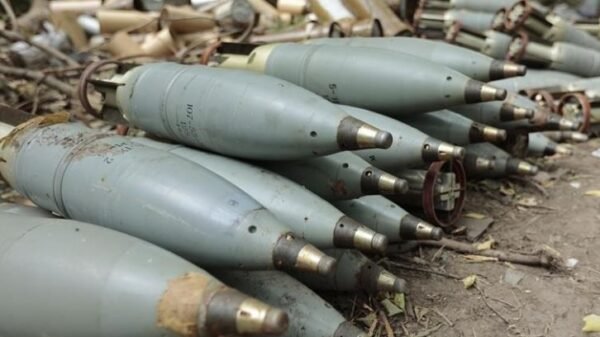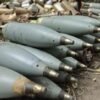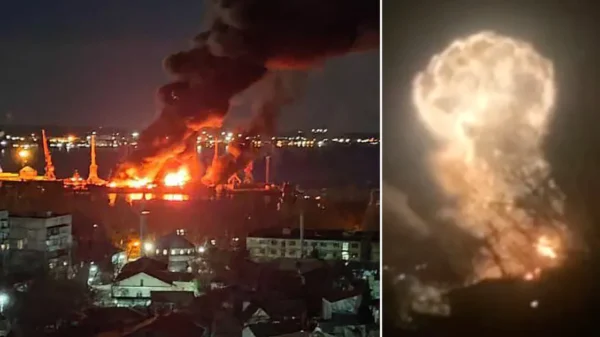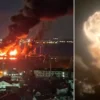Successes in Gulf, Ukraine Spur Global Demand for Missile Defense Systems
The success of ballistic missile defense systems in recent combat scenarios in Israel, the Red Sea, and Ukraine is likely to prompt increased global investment in these costly systems, potentially fueling missile arms races. Experts suggest that the recent incidents, including intercepting ballistic missiles launched by Iran towards Israel and countering advanced Russian missiles in Ukraine, will drive greater demand for missile defense technologies.
Ankit Panda from the Carnegie Endowment for International Peace emphasizes that wealthy countries with technological capacity will continue investing in missile defense, potentially leading to a conventional arms race. European countries like the Netherlands, Germany, Sweden, and Poland already operate advanced missile defense systems, such as Raytheon’s Patriot batteries.
In the Middle East, Saudi Arabia and the United Arab Emirates have long relied on missile defense systems to counter threats from groups like the Houthis. The United States also recently awarded Lockheed Martin a significant contract for next-generation interceptors, highlighting the continued importance of missile defense.
However, the impact of missile defense proliferation could be most significant in Asia, where countries like China have heavily invested in ballistic missiles. China’s growing arsenal, including DF-26 missiles capable of striking targets thousands of kilometers away, poses a significant challenge to regional security. Jeffrey Lewis from the Middlebury Institute of International Studies suggests that heightened interest in missile defense in the Asia-Pacific region could further escalate tensions and spur additional missile development.
While missile defense systems offer protection against ballistic missile threats, they come with substantial costs. The development and deployment of these systems involve significant financial investments, with recent deals worth billions of dollars. Japan, Australia, and South Korea are among the countries looking to bolster their missile defense capabilities in response to evolving security challenges.
The effectiveness of missile defense systems against emerging threats, such as China’s anti-ship ballistic missiles, remains a topic of debate. Despite challenges, the political and practical imperatives to invest in missile defense are likely to drive continued procurement and development efforts worldwide.











































Comment Template